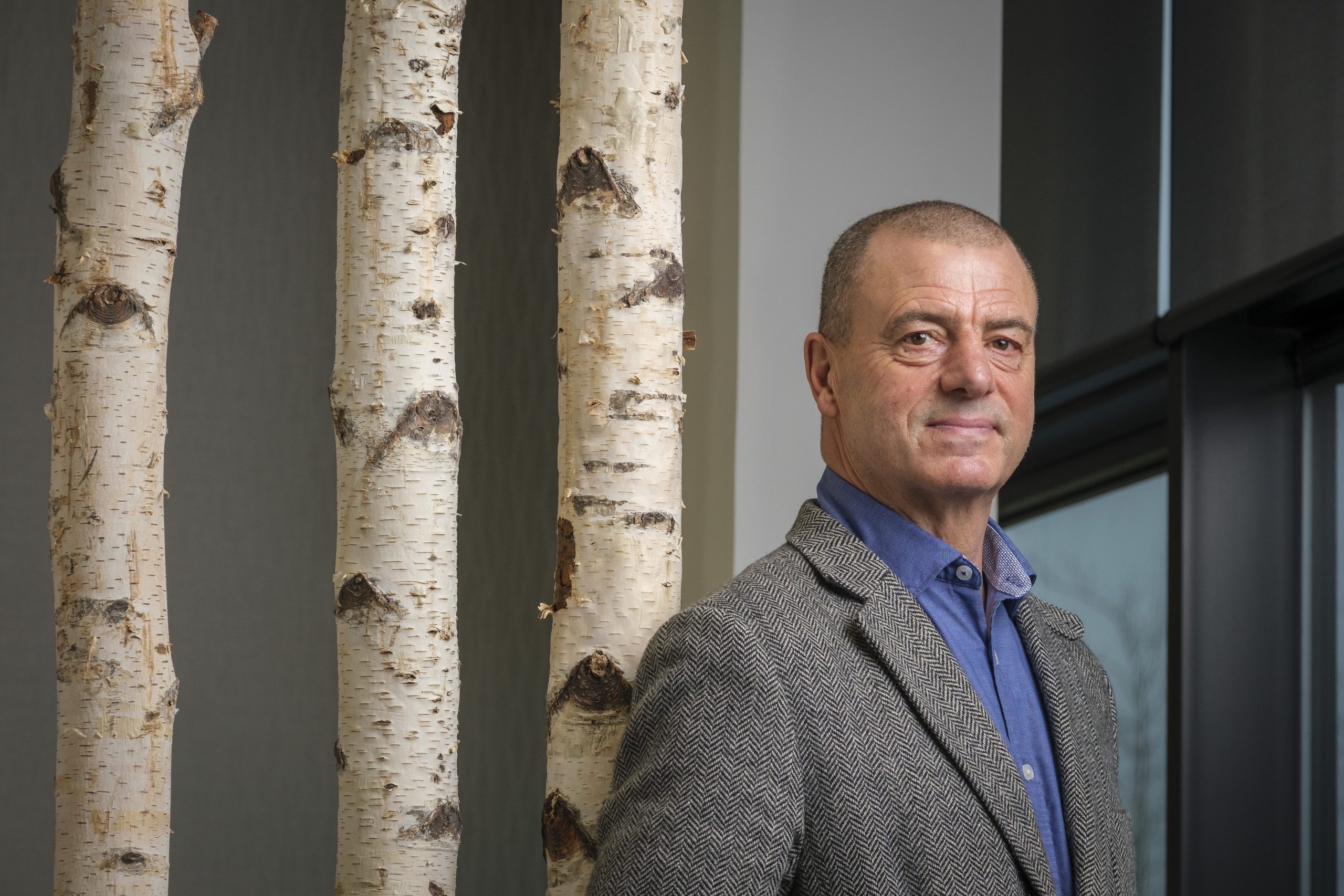Questions about the future of the Grangemouth refinery have bubbled away under the surface of election campaigning in Scotland these past few weeks.
It is a complex and emotive topic – and an asset of genuine national significance – that I don’t intend to explore further here. I mention it because it highlights one of our country’s biggest strengths, which paradoxically represents a huge, missed opportunity.
There are few better places than Scotland to galvanise a cohesive, ambitious response to difficult circumstances. I wish we applied the same resolve to building things as we do to fixing them or extending their life.
I was chief executive of Scottish Enterprise in November 2018 when Michelin announced it was closing its Dundee factory. The company had been a catalyst for investment and opportunity on Tayside, developing generations of talent and capability, so the implications of its departure were potentially catastrophic.
Within two days we had formed a multi-disciplinary action group including ministerial representation from Scottish and UK governments, the leader of the city’s council, company management, trade unions, and senior advisers from business and educational bodies.
We came together in a matter of hours to coordinate and activate a response, working closely together for months thereafter to produce positive outcomes.
The effect was incredible and was defined by the application of time, ideas and effort from multiple parties in a truly collaborative fashion. If we could harness that same energy and approach in developing projects proactively, Scotland would be truly world-class.
That is one of the principles I am determined to apply as chairman of Crosswind Developments, which plans to transform the site of a disused runway at Edinburgh airport into a new community we hope will deliver 3,000 homes, 50,000 sqm of commercial space and more than 4,000 jobs.
It is a role I am privileged to hold but wish I had never been required to fill, having succeeded our previous chair, Alistair Darling, after his untimely death last year.
Alistair was a passionate advocate for sustainable and affordable housing. He had a clear vision for the way in which he wanted our development, ‘Elements Edinburgh’, to be achieved, as well as the benefits it would deliver.
What we aim to deliver in transforming this brownfield site – much-needed homes interwoven with significant green space and amenities that help create a diverse but cohesive community – is the ultimate prize, but how we deliver it is equally important to our team.
Scotland’s capital is on a path to becoming the country’s biggest city, due to exceed Glasgow’s size by 2050. The biggest single contribution to that growth will come from west Edinburgh, where some 22,000 homes are planned.
Local and national planning policy is now aligned in a way that makes development at that scale achievable in the next decade. But let’s be clear – it will only be delivered if all parties with a stake in this future work collaboratively to create a whole new district of Edinburgh that is greater than the sum of its parts.
If we want to compete with the best cities around the world we must stop competing with each other. If we want to persuade global investors to apply their capital here, we must convince them this is a country where stuff gets done, at pace, because the public and private sectors work in partnership. Put simply, we must apply the same energy to creating things in Scotland as we do to lamenting their loss.
By Steve Dunlop – Chairman of Crosswind Developments



